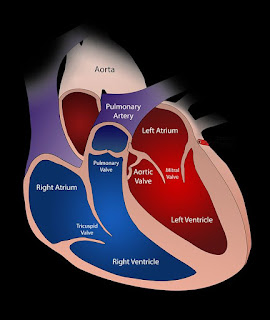Is TAVR surgery economically feasible option in India?

Over the years India has become a destination for medical tourism. It ranks as one of the best countries for major treatments. Likewise when it comes to treatment related to heart and heart diseases, India is much more affordable as compared to the Western countries. The cost of TAVR surgery in India is much less then what it is in the hospitals in America and United Kingdom. TAVR also known as Transcatheter Aortic Valve Replacement is a treatment which is used to replace the diseased valve of the heart. Aortic valve replacement surgery involves replacing valves that do not function properly or that have been damaged. Due to the affordability and other criteria associated with the treatment of various diseases, conditions like TAVR can be done at in India at a very substantial cost. Due to easy availability it has become easier for patients with economic background to opt for better options like TAVR. While TAVR comes with lower risk, it gives helpful treatment choices ...


